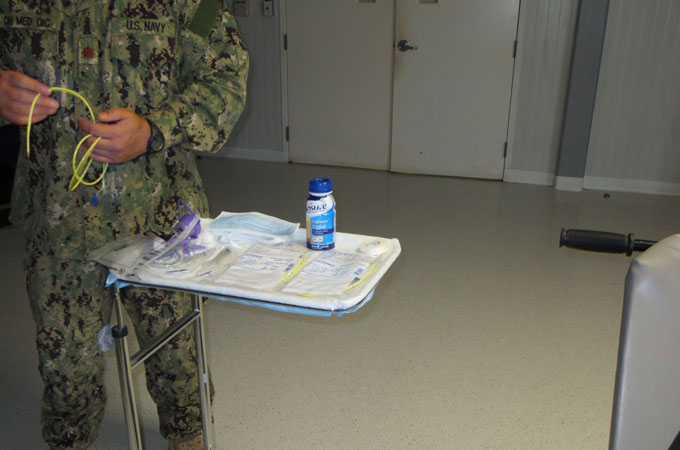by Michael Yoakum
Impunity Watch Reporter, North America
WASHINGTON, D.C., United States – A military judge Thursday denied a motion by Army Private First Class Bradley Manning’s attorneys to dismiss the key charge of “knowingly aiding the enemy.” This charge is the most severe of the more than twenty charges levied against Pfc. Manning, who now faces a potential sentence of life in prison.

Pfc. Manning made headlines in May 2010 when he was arrested in connection with the leaking of classified military to the information disclosure system WikiLeaks.
Pfc. Manning most notably provided a video, named “Collateral Murder” when it was released by WikiLeaks, which showed an American helicopter firing on a group of men in Baghdad which included two Reuters journalists. “Collateral Murder” is widely viewed as the video that garnered WikiLeaks fame with free information supporters and infamy with national security proponents.
In the motion hearing Thursday, prosecutors presented evidence that information leaked by Pfc. Manning and posted on WikiLeaks ultimately ended up in computer networks owned by former Al-Qaeda leader Osama bin Laden. The LA Times reported that Captain Angel Overgaard said in the hearing “[Pfc. Manning] knew exactly what he was doing in exposing that information. The enemy was looking for this specific information.”
The Obama administration came under fire following Judge Col. Lind’s decision with many accusing the President of trying to deter whisteblowers. Judge Col. Lind asked prosecutors on two separate occasions whether they would have prosecuted Pfc. Manning if he had leaked information to The Washington Post or the New York Times. Prosecutors assured the Judge that they still would have prosecuted Pfc. Manning.
Many whisteblower advocates worry that Judge’s decision Thursday means that any classified information that ends up online could be met with charges of “aiding the enemy.” Ben Wizner, an attorney for the American Civil Liberties Union, told the Washington Post “By pressing forward with this dangerous and overbroad legal theory, the government has virtually ensured that any conviction of Manning will be vulnerable on appeal.”
Wizner went on to say that the “aiding the enemy” charge was designed to “transform what was widely seen around the world as a valuable leak into treason.”
For more information, please see:
BBC News – Wikileaks accused Bradley Manning loses challenge to most serious charge – 18 July 2013
CBS News – Judge won’t dismiss most serious charge against Bradley Manning in WikiLeaks case – 18 July 2013
LA Times – Bradley Manning must face aiding-enemy charge, military judge rules – 18 July 2013
The Guardian – Bradley Manning trial judge refuses to drop ‘aiding the enemy’ charge – 18 July 2013
The Washington Post – Judge in Bradley Manning trial declines to dismiss key charge – 18 July 2013
The Washington Post – Bradley Manning is at the center of the WikiLeaks controversy. But who is he? – 8 May 2011



